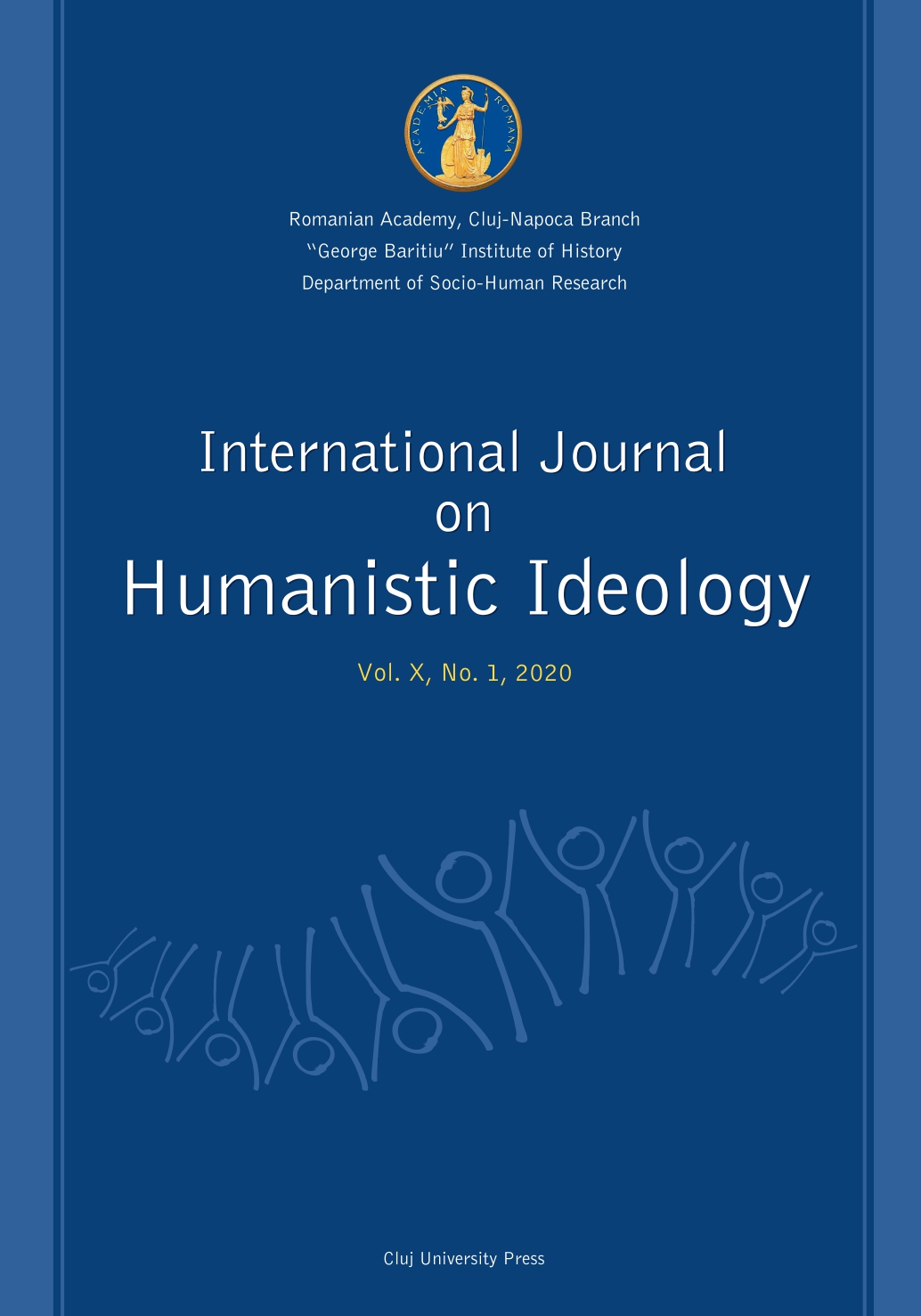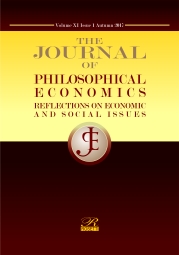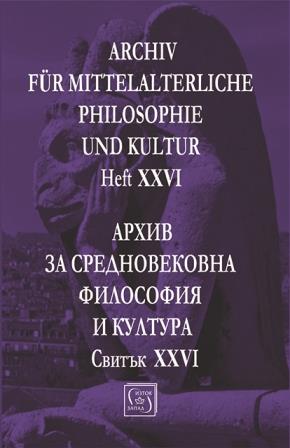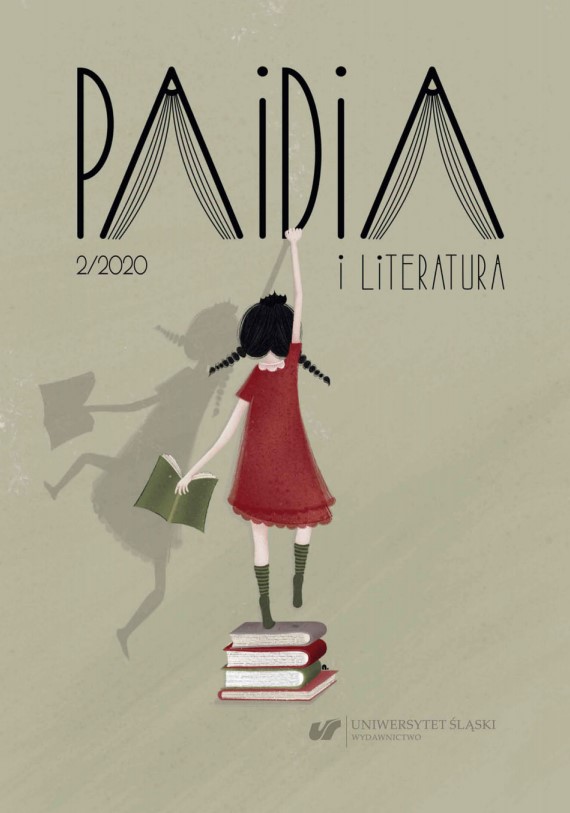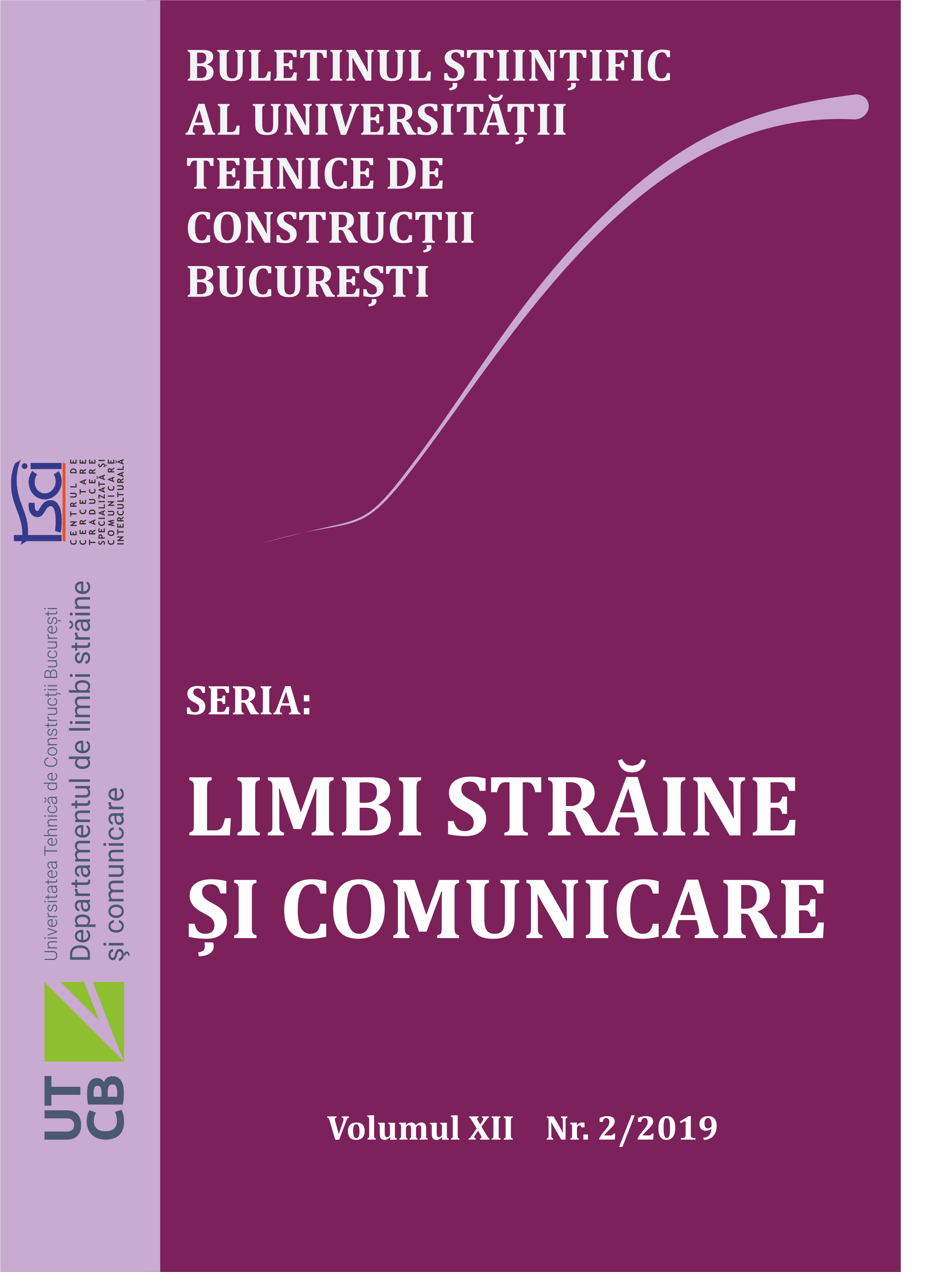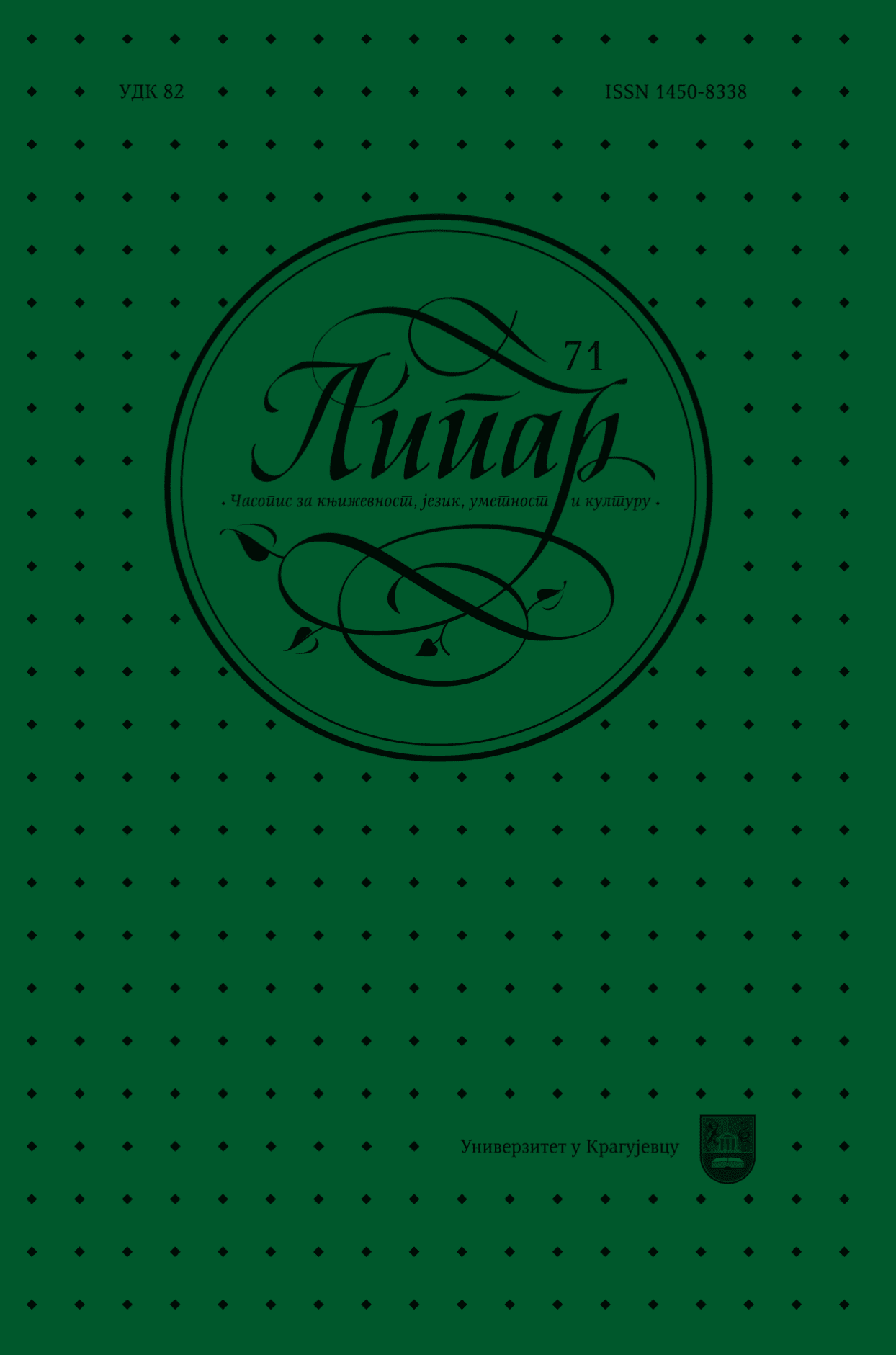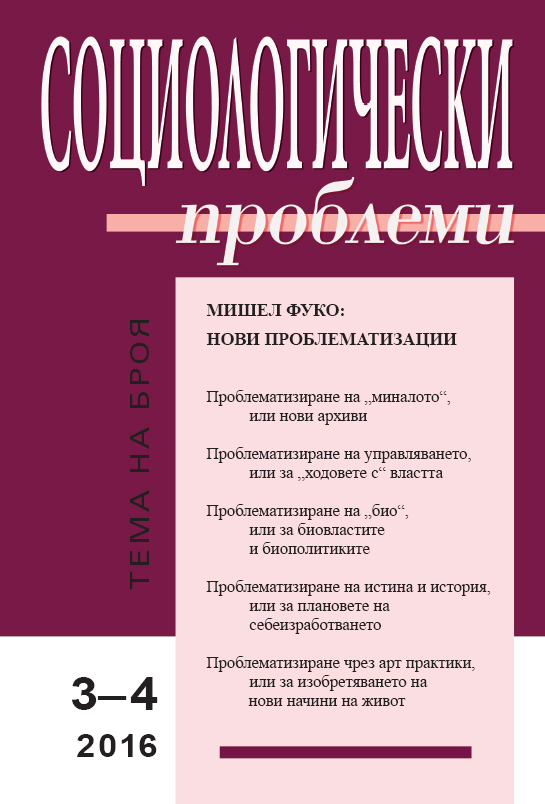
Как се държим: за един арт експеримент по Фуко
‘How We Behave’ is a research project undertaken by curator Grant Watson. Based on the research for his PHD in Curating and Visual Cultures at Goldsmiths College in London, this interview project and its resulting video portraits are the outcome of a commission by the arts organisation If I Can’t Dance, I Don’t Want To Be Part Of Your Revolution within its Performance in Residence programme. After its ‘première’ with If I Can’t Dance in Amsterdam (2014), How We Behave has been presented at Nottingham Contemporary (2015), The Showroom in London (2015), MIMA, Middlesbrough (2015), and State of Concept in Athens (2016). An upcoming presentation will take place in Whitechapel Gallery, London. A key document for the ‘How We Behave’ project is an interview with Michel Foucault of the same name, published in a 1983 issue of Vanity Fair. In this interview Foucault poses the question: “What if life itself was a material of art making?” This provocation is taken as the departure point for an extensive and ongoing series of interviews commenced in 2012, and traversing a number of cities around the world including New York, São Paulo, Amsterdam, Los Angeles, San Francisco, London, Athens and most recently Mumbai. ‘How We Behave’ addresses the different ways that contemporary individuals experiment with unconventional life patterns – at work, through alternative family structures, through new forms of intimacy, sexual behaviour, sociality and political engagement. Foucault’s concern was not with ‘lifestyle’ but with what he considered to be the politically urgent question of our time how we model our subjectivity and invent new ways of life and relations to others that can be understood as resistance to power.
More...
